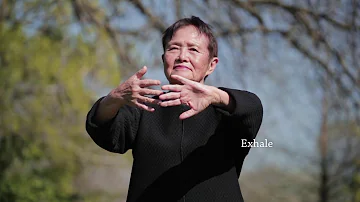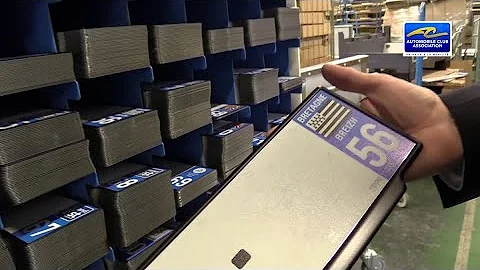Qui Quing ?

Qui Quing ?
La dynastie Qing, aussi retranscrite dynastie Ch'ing, dynastie Ching, ou dynastie Tsing, est la dernière dynastie impériale à avoir régné sur la Chine, de 16.
Qui a inventé le qi gong ?
Liu Guizhen Historique du qi gong en Chine Le père du qigong moderne est Liu Guizhen (1920-1983), un cadre du Parti communiste chinois.
What are all the different styles of Chi Kung?
- 1) Shaolin Kung Fu 少林功夫. Shaolin Kung Fu is well known both at home and abroad. ... 2) Tai Chi Quan 太极拳. Tai Chi only has a history of several hundred years, yet it has been practiced widely by the public in many parts of China. 3) Wing Chun Quan 咏春拳. ... 4) Baguazhang 八卦掌. ... 5) Xing Yi Quan 形意拳. ... 6) Choy Lai Fut 蔡李佛. ... 7) Bajiquan 八极拳. ... 8) Praying Mantis 北螳螂拳. ... 9) Nan Quan 南拳. ... 10) Chang Quan 长拳. ...
What is qigong good for?
- The many benefits of qigong that are still being widely studied include preventing joint injuries, reducing stress, and balancing hormone levels, among others. As you age, your flexibility begins to suffer, which can lead to less willingness to be physically active, thus making the problem even worse.
What are the differences between qigong and Tai Chi?
- The main differences between Tai Chi and Qigong are outlined below: Tai Chi power is 'dense' whereas Qigong power is 'light'. ... Tai Chi at a higher level strongly accumulates Qi throughout the tendons, ligaments and meridians -- as the Qi flows in a continuous stream it builds to a tremendous ... The art of Tai Chi involves an advanced and elaborate choreography, unlike the art of Qigong.
What are the health benefits of qigong?
- Increase Power. Qigong works well for your muscles and it will increase your looseness and effortless power while other stretching or aerobic exercises can build flexibility and strength.
- Strengthen Your Organs. One of the biggest benefits of qigong is to balance and strengthen your internal organs. ...
- Improve Your Brain. ...
- Protect Your Heart. ...













